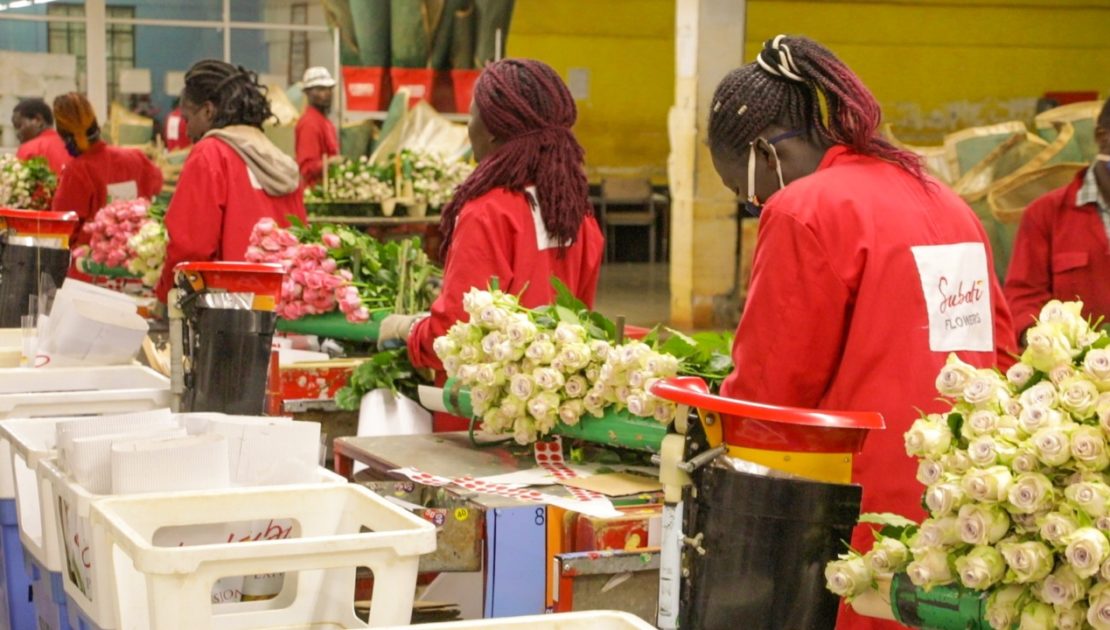For many people, Sunday afternoon is a time to relax as they prepare for a new week ahead. But this is not so for Mary Syombua (not her real name), a flower farm worker in Naivasha and a resident at Kiandege Slums.
On this day, Syombua has joined her fellow flower farm workers for a two hour session to build her skills on Stress Management. The course is being offered by Haki Mashinani, one of the partners in the Women@Work Campaign.
Despite her responsibilities at home, Syombua is excited to participate in this session for a number of reasons. One of her objectives is to learn how to manage her own stress both at the work place and at home. The second one is to use the skills learnt to help her fellow workers and her neighbours in times of difficulty.
Syombua says that for the four years she has lived in Naivasha, she has worked in one of the flower farm’s grading section, which can be very stressful.
Her day begins at 4.00 am by preparing her two children for school and attending to house chores. She then drops her two year old daughter at the day-care within the slum before catching her company transport at 6.45 am.


